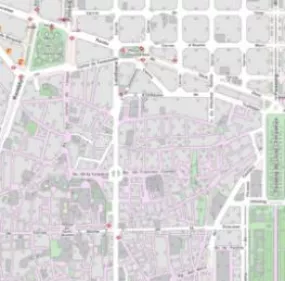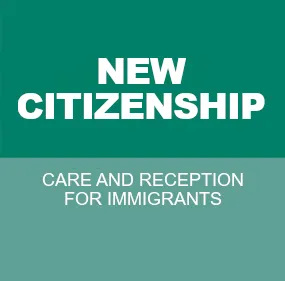
Barcelona to consolidate its international attraction with the new Start-ups Act
Barcelona will be opening its arms even more to digital nomads and international entrepreneurs thanks to the passing of the Start-ups Act, which will cut tax and red-tape barriers for foreign-national professionals.

Barcelona continues to reassert its position in Europe and the rest of the world as an attractive city for international talent and developing innovative enterprises. Passed on 3 November by the Congress of Deputies, the Spanish Parliament’s lower house, the Start-ups Act is now awaiting final approval from the upper house, and is expected to come into force at the start of 2023.
The legislation aims to regulate efforts to attract talent and investments in innovative enterprises as well as facilitate the creation of start-ups. To do this, it offers an improved tax system, simplified visa procedures for working in the country and faster processing for obtaining foreign-national identity numbers (NIEs), among other things. Thanks to this new regulatory framework, Barcelona can continue to move forward in consolidating itself as one of the main centres of attraction for international talent and entrepreneurial projects in Europe.
Simplifying things and awaiting final approval, the Start-ups Act will offer the following new features:
- Tax advantages for start-ups: a cut in corporation tax from 25% to 15%, for a maximum of 4 years and starting from the year in which the company begins to move into profit. It will allow interest-free tax-debt deferrals for the first two financial years that profits are made.
- A new tax framework for foreign-national professionals and their families: newcomers, where they meet the requirements, will be able to opt for the “impatriate system”, where they pay 24% tax on their Spanish income for 10 years but nothing on the rest of their worldwide income. A cut in the time required for individuals to stay outside Spain, before they can return and benefit again from this system, from 10 to 5 years, in the case of professionals who wish to return to Spain after studying or working abroad.
- Greater ease in processing foreign-national identity numbers (NIEs): the Act extends the deadline for obtaining NIEs from 3 months to 6 months. This will provide companies and research centres with a greater margin in employing international workers.
- Greater ease in obtaining work permits as students: international students enrolled on courses at higher education centres intending to stay to work, start a business or conduct research in the city will obtain a work permit guaranteed for 2 years after they complete their studies.
- A new stock-options procedure for paying talent: this is a form of regular payment among start-ups, based on offering workers shares in the company. Under the new Act, stock options will be taxed once they are realised, that is, when they are sold. Up to 50,000 euros will be exempt from tax.
- A new visa for digital nomads: non-resident foreign-nationals in Spain who wish to live here and work remotely for an enterprise outside Spanish territory will be able to apply for a new international teleworking visa.
- An improved tax system for investors: fund-manager partners who invest in start-ups will be subject to a more favourable tax system for profits obtained from companies they have shares in and for the profits made from managing this fund. Carried interest (shares in profits) was previously taxed at 100% but will now be taxed at 50%.
You can read more about the draft act for promoting the start-up ecosystem here (in Spanish).










